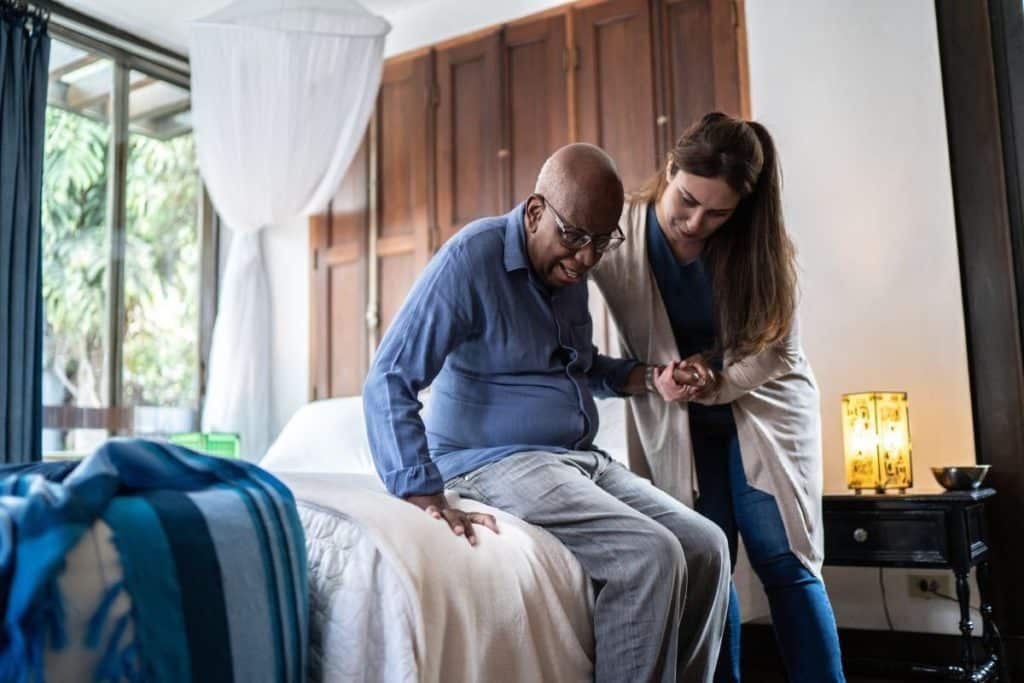Watching one’s parent’s decreasing capacity for self-care can be quite difficult. But old age comes for even the luckiest of us in time, and with it, the faltering faculties innate to human beings. Many Americans go through life just barely hanging on financially, and the prospect of the effort and expense that may await an elderly parent as they become incapable of caring for themselves can be frightening even to those who are well off. It may be necessary to include Virginia Medicaid Long Term Care (LTC) in the plan you make with your parents.
The fact is, though it can cause pangs of guilt, the lives of adult children of elderly individuals are often already filled to the brim with responsibilities and scenarios that make the prospect of providing their parent with direct care an impossibility. You may have moved away from home to a distance that makes frequent visits problematic. You may have health issues of your own. Your relationship with your parent may be loving but fraught with personality conflicts that would breed resentment between you. You may simply lack the knowledge necessary to provide for their decreasing capacity and increasing level of need. Whatever the reason, it may make more sense for someone other than yourself to care for your parent.
But either way, caring for an elderly parent costs money. Which means it is vital to take stock of what future costs may entail—such as medical care, living situation (including whether they will live with you, at home with the aid of home care workers, or at a nursing facility), food, and other daily items. Then it is vital you work with them to determine their financial situation, and whether their income is sufficient to handle the costs. What if you discover their income won’t cover those costs? The next step is to consider their other assets.
Nursing home care costs vary, but $7,000 to $12,000 per month is not uncommon. If they do not have much socked away—and let’s face it, many people do not—paying this amount per month for the rest of their life may not be doable, and it may be that a government program like Medicaid LTC can help to pay for their long-term care. Virginia Medicaid LTC is available to those 65 and older who own $2,000 or less in assets. Most Medicaid LTC services are provided in a nursing facility because there are limited hours provided for in home care and more restrictions on the applicant’s income. You may be wondering what happens if there is another parent still at home. Well, in that case Medicaid LTC permits the parent to keep the home, their separate income and some portion of other assets, but not necessarily all of the assets. The good news is that working with an elder law attorney now can make the transition to Medicaid LTC less stressful, increase options for where care is received, and preserve assets for parents’ needs not covered by Medicaid LTC.
We Can Help You Create a Plan for Declining Capacity
Whether you need to assess your loved one’s situation vis-à-vis Medicaid LTC eligibility or you are considering other ways to help them plan for their future care needs, check out Promise Law’s free Medicaid workshop, which is available on demand. This workshop reviews the basic rules of Medicaid LTC through a case study. Moreover, if you attend a workshop you also get a complimentary one-on-one consultation with one of our attorneys. Contact us today by using our convenient online form or by calling us at (757) 690-2470. We are ready to help explore options for your parents with declining capacity.




